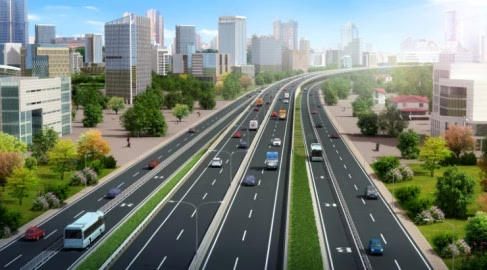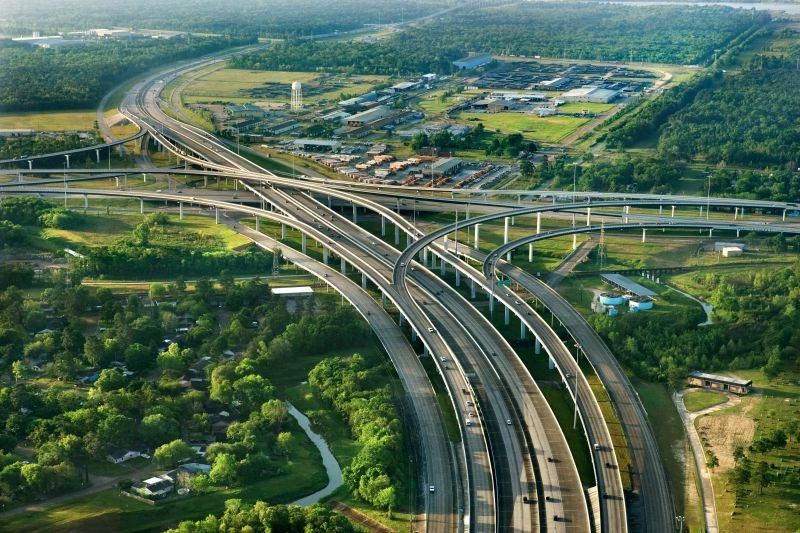The Nairobi-Mombasa Expressway was a proposed $36 billion toll road project, planned as Africa’s largest of its kind. It was to be developed by American private equity firm Everstrong Capital Kenya under a Public-Private Partnership (PPP) model, with the aim of easing travel between Nairobi and the port city of Mombasa. However, Kenya’s National Treasury has terminated the agreement, citing failure to meet the relevant criteria under the PPP Act, 2021. The PPP committee directed the Kenya National Highways Authority (KeNHA) to instead restructure the plan into an expansion of the existing A8 highway, which would then be resubmitted for evaluation. The monumental project was marred in controversies, a similar struggle that the Rironi-Mau Summit road upgrade is facing as a preferred contractor remains in contention.
Also read:
$3.6 Billion Usahihi Expressway, Africa’s Largest Toll Road Project Rejected
Project Factsheet
Project name: Nairobi-Mombasa Expressway
Location: it was to stretch from Kenya’s capital, Nairobi to the coastal city region of Mombasa.
Length: 419 km
Cost of Project: $36 billion
Lanes: 4
The Significance of Terminating the Nairobi-Mombasa Expressway Project
The decision to terminate the Nairobi-Mombasa Expressway project marks an end to a fundamental and significant project. It sees the abandonment of what was to be Africa’s largest toll road project. Furthermore, it was to be on the biggest US infrastructure projects on the continent. The US has been overshadowed by China in African infrastructure, with Beijing funding numerous projects. These include railways, seaports, airports, and highways across the region. The PPP Committee had earlier rejected Everstrong’s project development report for the highway.

However, the Director General of the PPP noted that it could be resubmitted once identified gaps were addressed. Sources close to the project however cited uncertainty over land use and acquisition to host the expressway. Preliminary estimates placed land acquisition cost at sh12.9 billion. This factor could have significantly pushed up toll charges for motorists. Early projections showed that motorists might pay vetween sh12 and sh13 per kilometer which translated to sh5280 for the whole stretch. Everstrong maintained that the toll fees could drop if construction costs were reduced. It is not the first time the project has floundered. In 2018, US-based Bechtel was tapped to build the expressway. However, agreements fell through over a dispute regarding the financing terms.
Also read:
Usahihi Expressway Construction to Commence Next Year, Africa’s Largest Toll Road Project

Leave a Reply